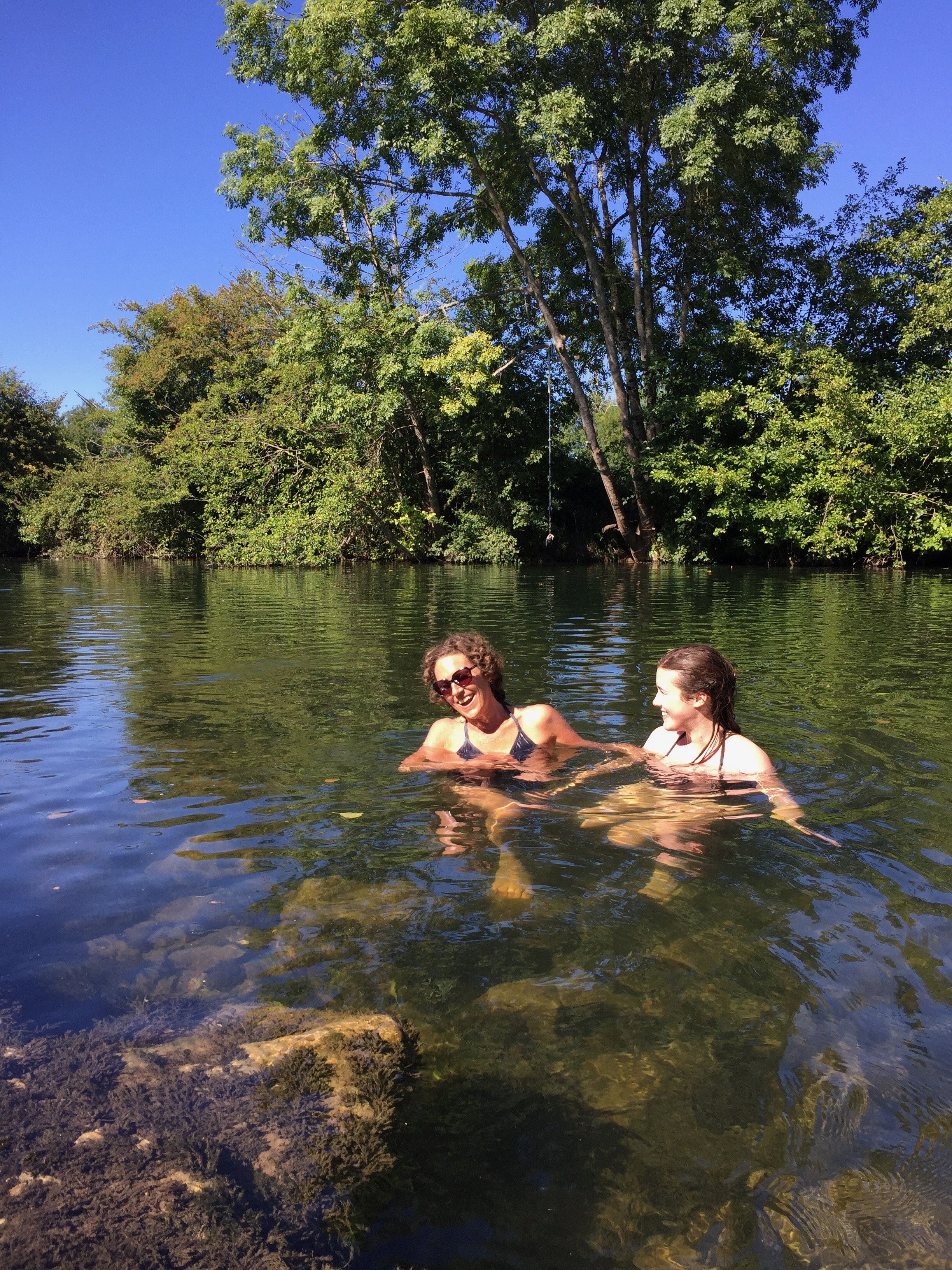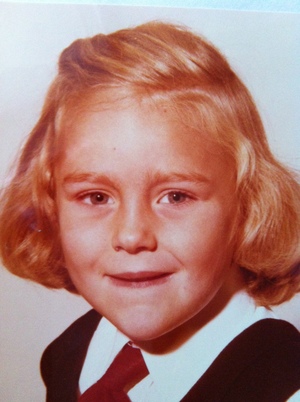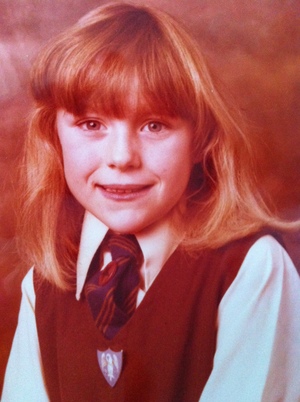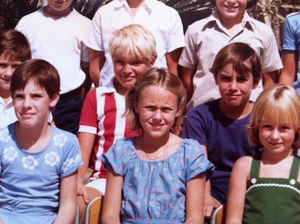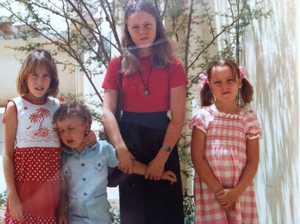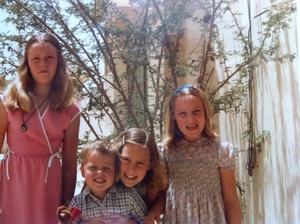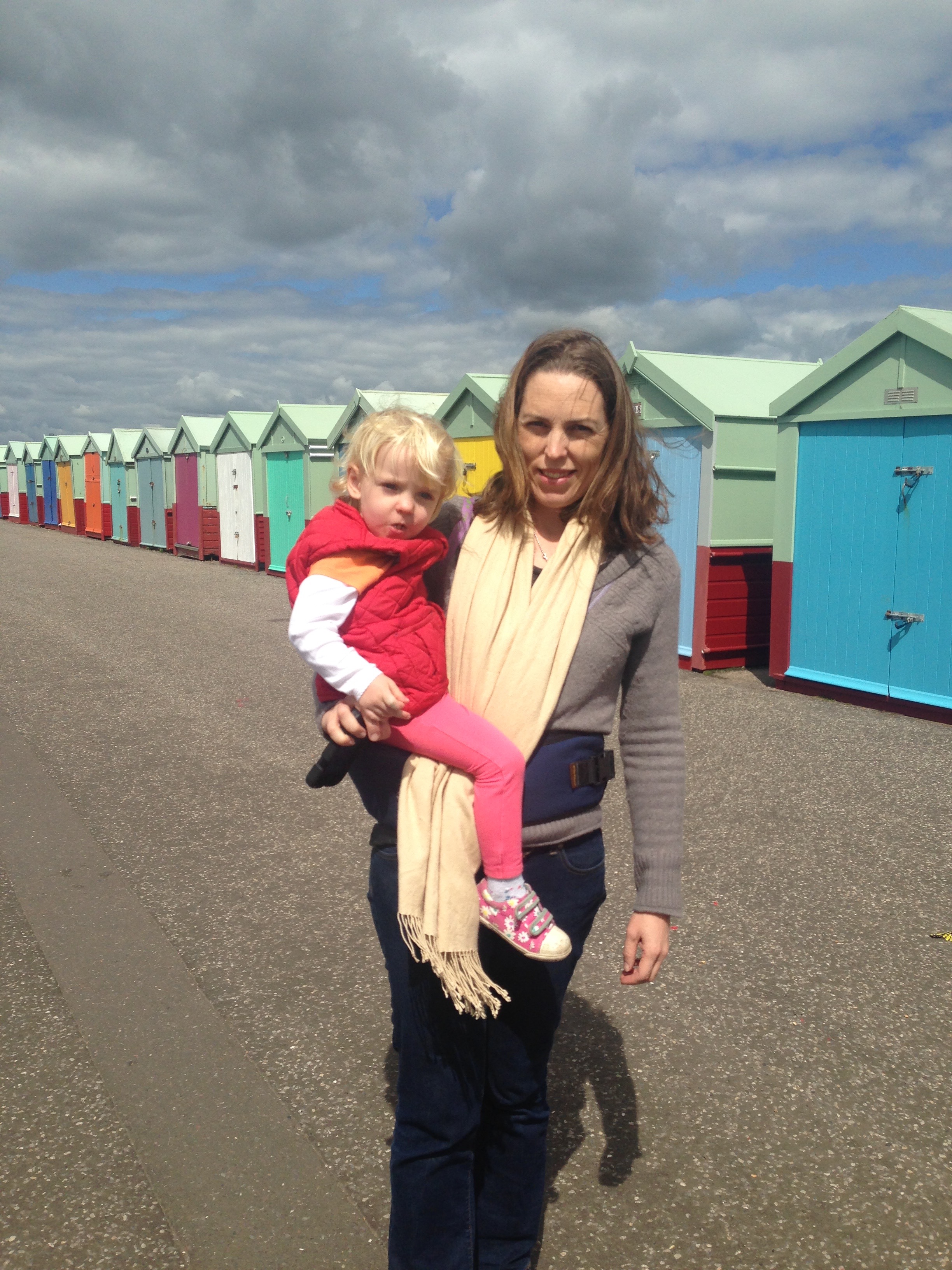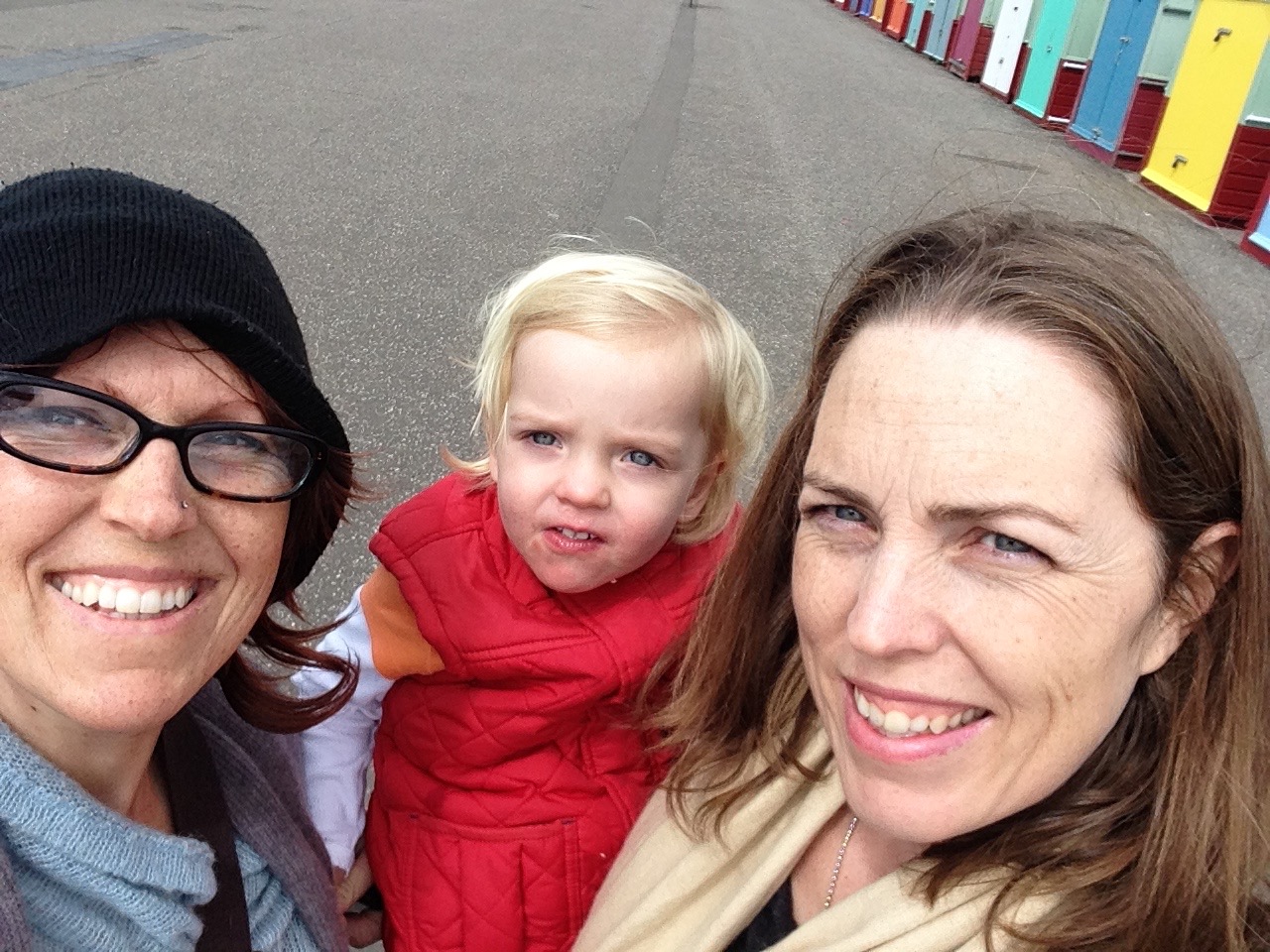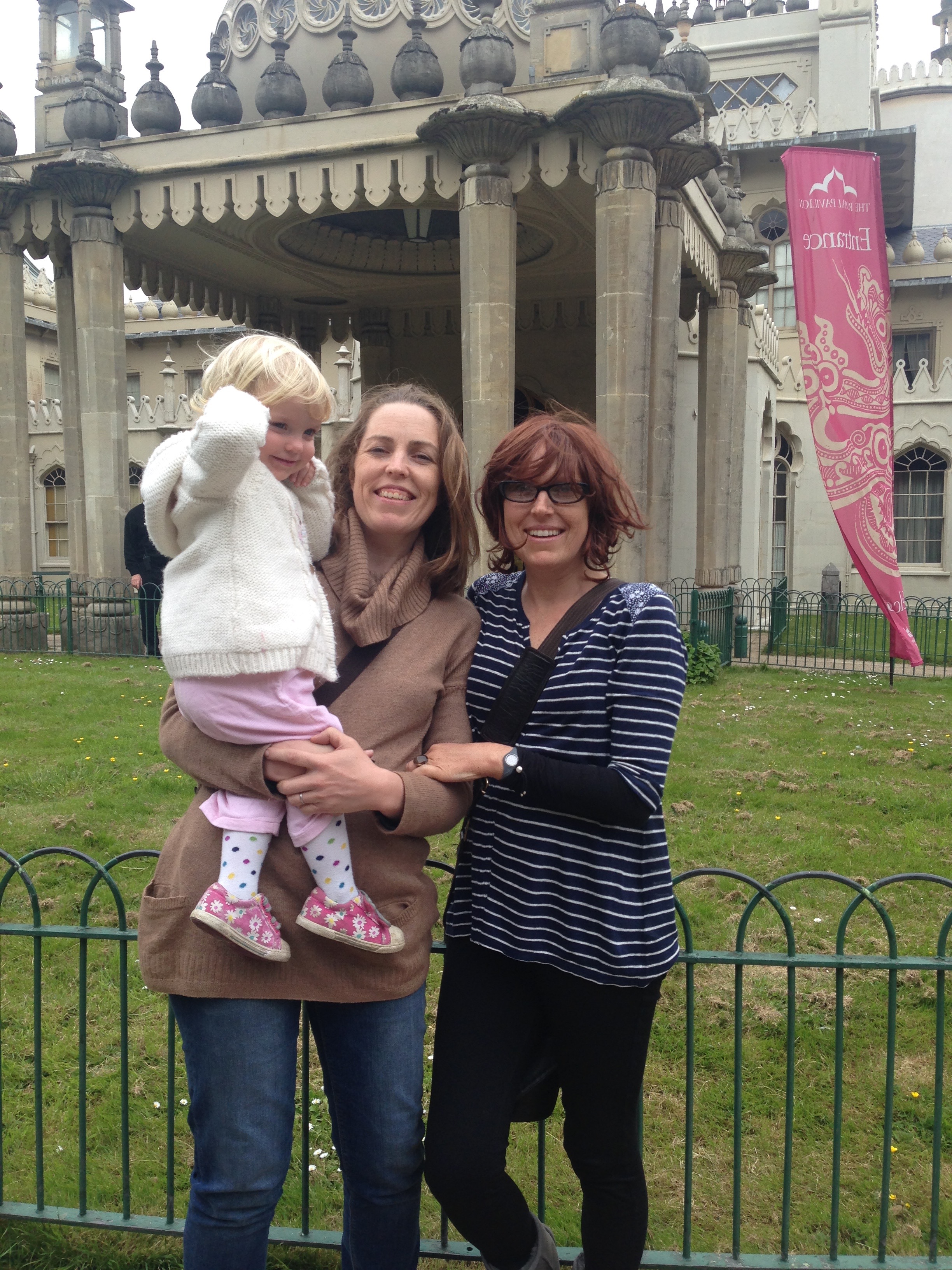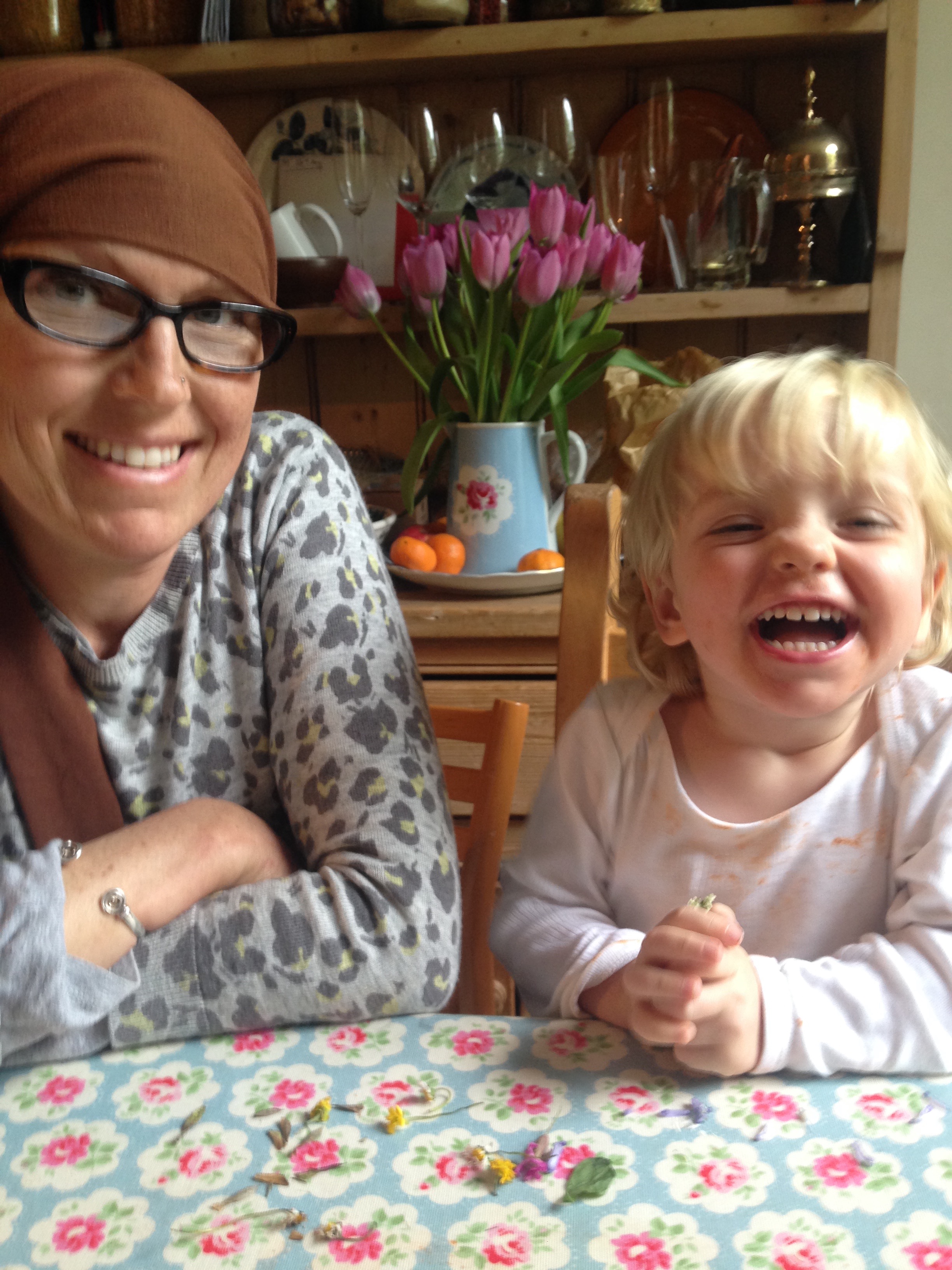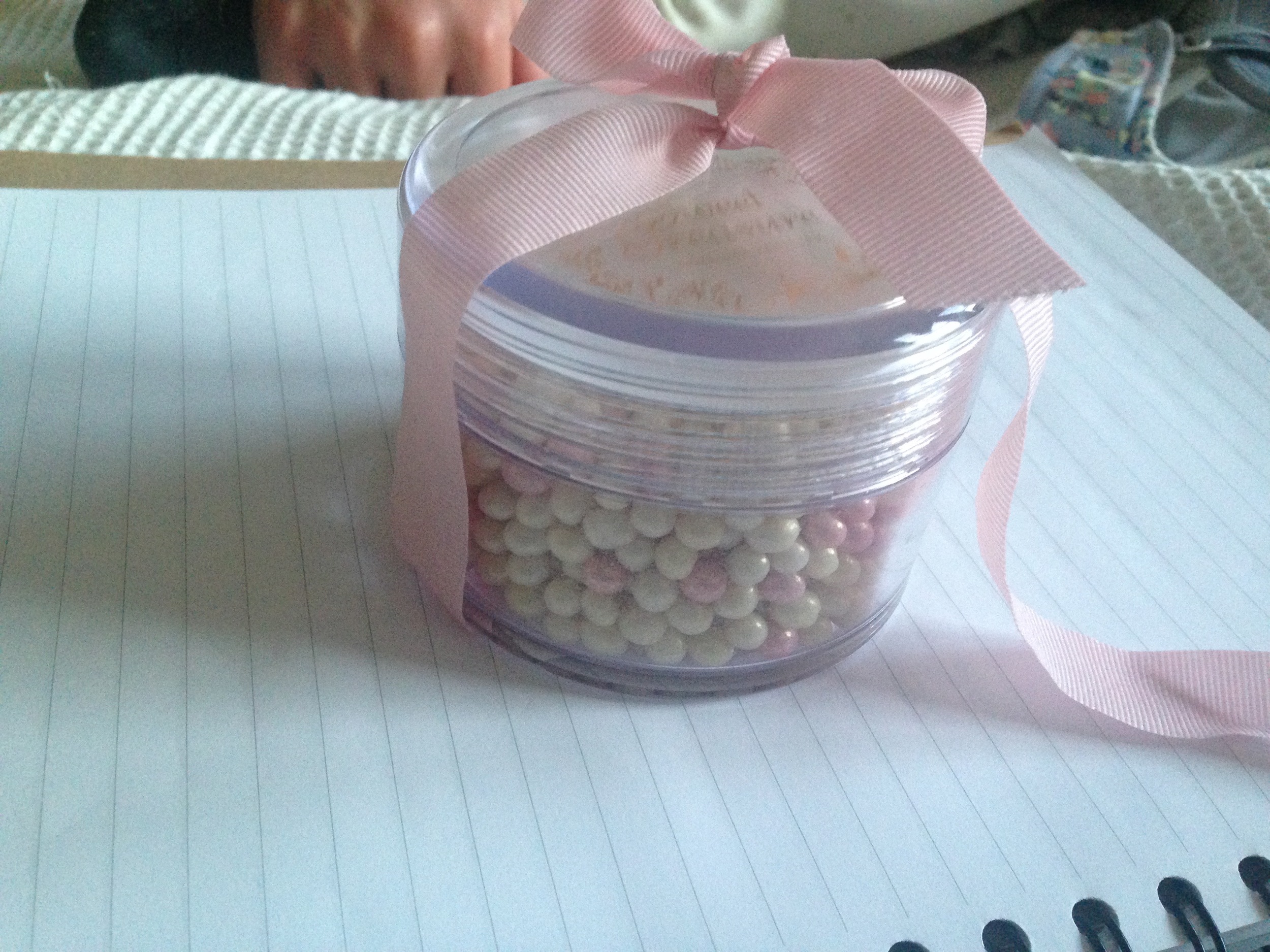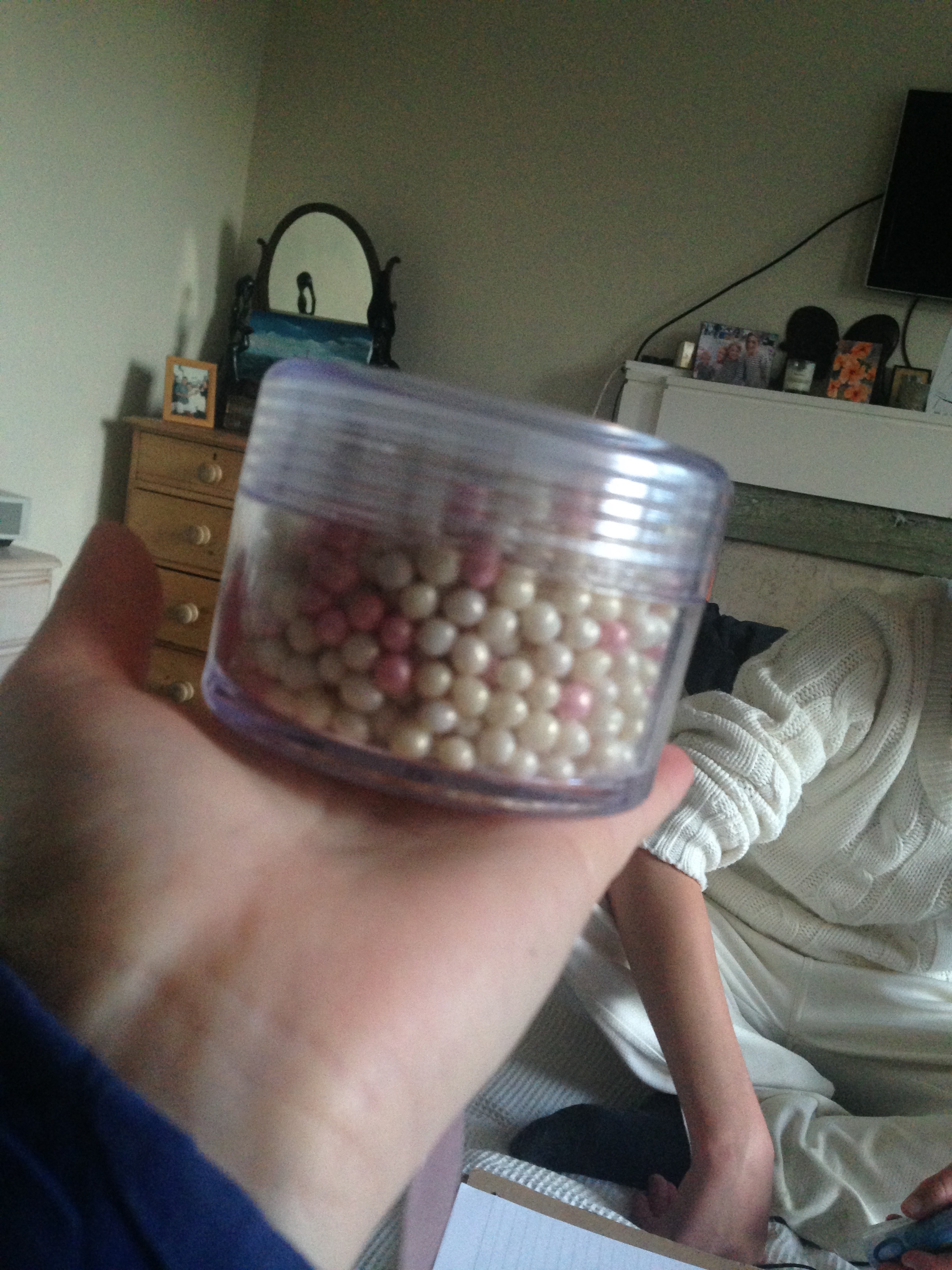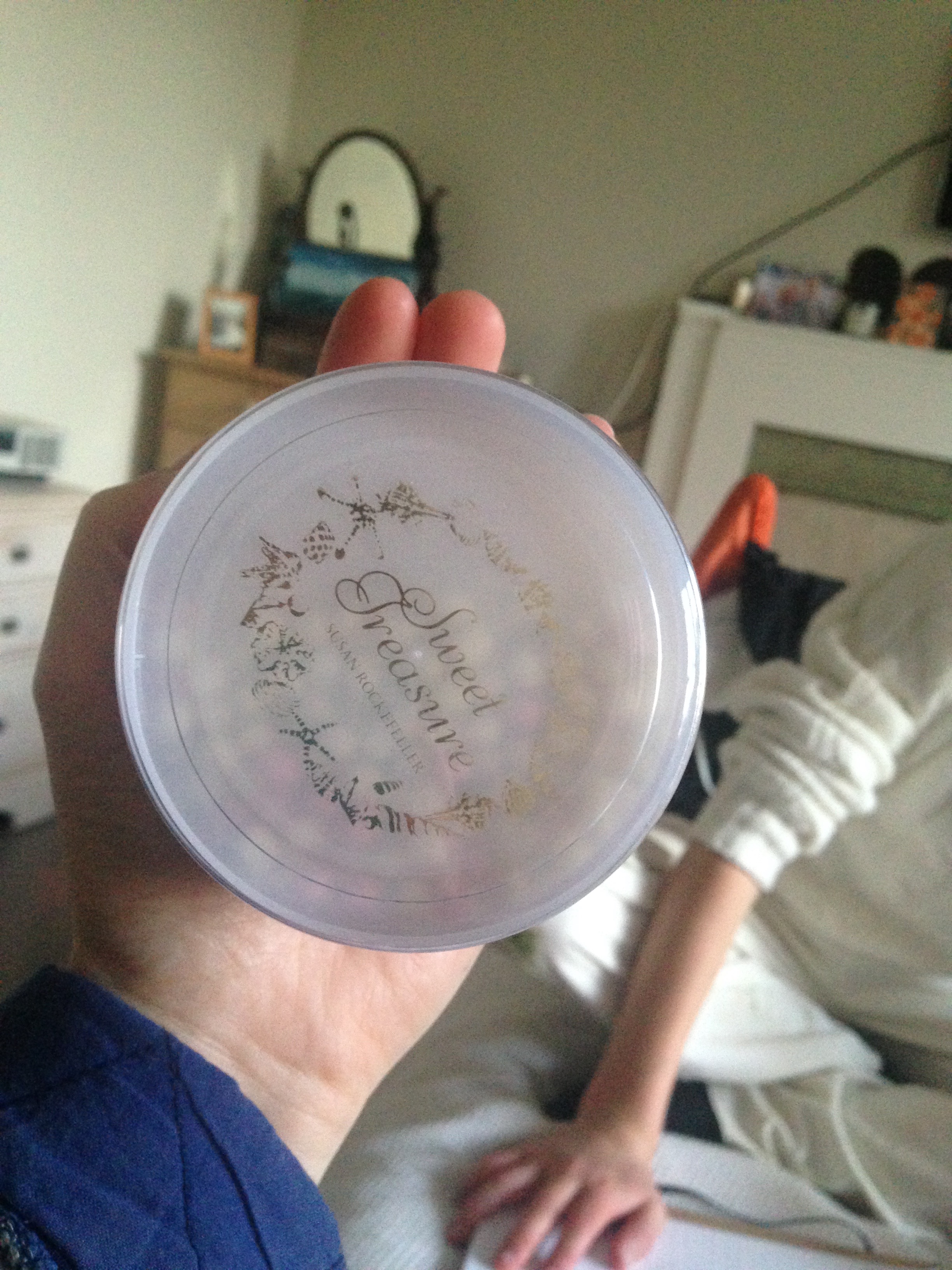Emotional Roots and Spontaneous Healing May 25th
/Thursday was scan day. I know the routine now. Explanation of the procedure (to which I now nod knowingly being an old hand by now). Remove clothes (including bra but not pants). Wait to be called through to the scan room. Walk through part of waiting room in grim, do up at the front, outfit with shower curtain design with bandana on (cancer patient walking to scan – must be serious).
CT Scanner - not the one I used
Then in the scan room I lie down and have a cannula inserted into my right arm, ready for the iodine liquid to be infused through my body to help the scan pick up what it is looking for. This time I did not have the Polish scanner man (radiographer? Real job title – not sure) but someone new. No chance of reading her face as she had no idea what went beforehand. I noticed this time how quickly it takes between the iodine mixture being infused and being able to taste a metallic taste in my mouth and, I may have mentioned this before, a warm feeling between my legs, which makes some people feel they need a wee. It made me think about the chemotherapy and how quickly therefore it must race round my body when it is infused.
Healing properties
I was weepy on scan day. I have been tired this week and tiredness makes me more emotional, but scan day was a bad day. Simply going through the motions of the scan simply acknowledges the situation. That unsettles me. It is like seeing things written down. I tried to use visualisation techniques as I went through the scanner and shut my eyes tight. My mad Dr Who Numbskulls and Ghostbuster visualisation was too complicated for that short moment so I went for trying to focus on a bright white and a symbol, a purple amethyst (supposedly healing). But I simply couldn’t conjure up the colour purple, so I changed tack and imagined I was on a boat, a sail boat. When the machine projected me forward, through the polo shaped scanner, my sail boat switched on its engine. It didn’t last long, but was sufficiently distracting.
After the scan you have to hang around for half an hour with the cannula still in to check in case there is a bad reaction. As I had to not eat before the scan, I had missed breakfast and was by this time slightly gritty and even more tired. It is all over now and my results are on Tuesday. I have had a very gripey liver feeling which may be a) real b) deferred pain c) ghost or imagined pain. My liver has enlarged over the past couple of days and is sitting annoying me as I write. I think probably this is imagined but I find it impossible to banish this from my mind. I need to work harder at my mindfulness and meditation to manage this. I like to think it is in fact, as I have mentioned before, simply a cancer cell death bonanza – a necessarily messy affair.
I will post a very brief update soon after the 26th appointment.
I missed two chapters to the strange story of my left breast last week. I remembered only after I had posted the blog, so I will add them now. One relates to a period of my life when Ned, my fourth, had just finished breastfeeding (at around 13 months), so before my trip to Geneva, but possibly related. This was a particularly elephant shrew period of my life with full time job, young children and Phd all at once. I started getting symptoms which were diagnosed as rheumatoid arthritis, this involved my shoulders (which at night became so painful I could not life my arms up); carpal tunnel syndrome in both hands/wrists and all the joints in my fingers seizing up so that I could not make a fist, which made simple tasks, like putting on a nappy or closing a door knob impossible. The consultant who eventually diagnosed me put me on steroids which almost immediately eliminated the symptoms and then put me on a drug called sulfasalazine – which is an immunosuppressant (aimed at dampening down the disease process).
I was on this for 2 years, I barely saw the consultant (rather one of his team) and at some point doubted that the immune suppressants were doing anything, so I slowly came off them and I have never had the symptoms since. I have since wondered whether in fact I had rheumatoid arthritis at all, the consultant paid little attention to my personal circumstances at the time and when he diagnosed me, I remember saying tearfully ‘but I have four small children’ and he nodded his head sagely and responded ‘yes, it is going to be hard’. No reassuring words about the many approaches to managing the condition etc. Something I will refer to as Medical Pessimism, the title of the Chapter of a book I am reading at the moment and want to share. I will come back to this. The powerful influence the practitioner can have on the patient is often forgotten. They have the power to create an inevitability which then defines behaviour and expectation and are often unaware of the power of everything they utter in determining a patients response to a diagnosis. From the perspective of my cancer, this part of my story is significant because at this clearly vulnerable time in my life, in terms of the stress on my cells from the emotional and physical pressure of working with small children and my body having managed 4 pregnancies and breastfeeding over the previous 8 years, I was put on immunosuppresants. In my mind I can’t help thinking that perhaps this was a window in which what my body was really saying is ‘enough!’ and I actually needed to focus on getting some balance back but instead I was given drugs to supress the immune system . Perhaps it was this that provided the window of opportunity for the cancer to take hold as my immune system became unable to manage the cancer cells (that were and are in all our bodies) allowing it to take advantage of whatever predisposition I may have had.
The second event that Rupert and I have always wondered about, was my initial biopsy. A biopsy (in this case a core needle biopsy) involves the removal of small bits of tissue from the centre of a suspicious lump/abnormal tissue. When I had my biopsy the radiologist did this twice, in quick succession to ensure he got a good sample. The biopsy itself feels like a massive stapler shooting into your boob and it is uncomfortable. Mine resulted in blood from the entry wound and a massive green, purple and blue bruise and considerable discomfort for many days after. Internal bleeding? We have asked my oncologist about this a number of times and been reassured that this mixing of tumour and blood are unrelated to its later spread. But I cannot get this sequence of events out of my mind.
I was later found to have no positive lymph nodes and no ‘vascular invasion’ – this invasion would have indicated that the tumour had started setting up its own blood supply and so indicated that the cancer had had a chance to enter my blood stream. So not having vascular invasion was greeted with a very positive reception from my surgeon and oncologist. This was a good thing. But then my biopsy had blasted a needle directly into my tumour, made up of millions of cancer cells, causing lots of localised bleeding. Surely some of these cancer cells must have escaped from the tumour and mixed with my blood? However many times I am told this is not how it works, I simply cannot get this potential out of my mind. Can this help explain how the cancer spread from an otherwise contained space, successfully surgically removed , through my blood and into my liver. I will never know.
Emotional Roots
What I did not explore last week was the emotional roots of disease and the importance of addressing these as part of a broad strategy for healing. I have to admit that I have been least open to this fundamental strategy for healing. I have read some important testimonials of people who addressed some major emotional events or circumstances in their past and present and believe that resolving these was critical to the success of their whole body healing. But their stories are generally about major dramatic events, abuse, unhappiness in marriage, loss of a child etc. My history has nothing so dramatic in it and I consider myself to have had a privileged and happy life, with a loving family as a child and my own very loving family. But in the spirit of being open to every strategy I have considered my own past and there are two events which at least in my life were significant. We are most certainly a family with a very stiff upper lip. Pick yourself up and get on with it. Don’t be dramatic. Stoicism equals strength. And these have been helpful in many circumstances. But I will not be the first person with this background who on reflection wonders what might have been buried.
I am one of four children, three girls and a boy. I was number two. My father was in the army as we grew up and this meant we moved every 1- 4 years throughout our childhood. This was a mammoth task for my mother who miraculously managed the transition from one army quarter to another seamlessly (at least that is what it seemed to us children). Army quarters often have exactly the same lay out and so by using much of the same furniture she was able to make each house look almost exactly the same as the last. We would have to share rooms, and being number two I shared alternately with my older and then younger sister (and certainly felt hard done by as those in my situation will relate to). Moving home also meant moving school frequently and by the age of 9 I had been to 11 different schools (see three school photos from different schools below). I totally missed out how to read the time until my parents realised, by which time digital watches had just become available to the mass market, and at this time we lived in Saudi Arabia where you could buy these sorts of things in the markets quite cheaply, so my first watch was digital. I was very proud of this but it did not help me read a clock with face and hands which I eventually conquered.
Many army children eventually go to boarding school, as like many such professions which require multiple moves, education can be very disrupted. For me this happened aged 9. At the time we lived in Riyadh, Saudi Arabia where I had been to school for 2 years. My older sister had been sent to boarding school the year before I went and I had been rather jealous at the many excitements I perceived to be associated with this move. For starters she got to have her own toothpaste and shampoo, she was bought a new set of stationary, there was lots of fuss around getting her uniform organised and buying her multiple packets of sweets for the weekend when the children were allowed to choose some items from their stock of sweets.
We spent the summer before I went to school for the first time, in the UK. I still remember the excitement I felt as we slowly prepared my own trunk. We bought me my own toothpaste, ‘home clothes’ and sweets etc. Eventually on the day my sister and I were taken to the school we visited a butterfly farm with my Mother and one of her brothers, my Uncle. I paid almost no attention to the beautiful butterflies and badgered my mother to hurry up so we could go to the school.
We arrived and took our school trunks to the school gym where they were all laid out together with every other pupil. The school was an all-girls convent in the South of England. From bounding out of the car and dragging the trunk to the gym through an unfamiliar building, with an unfamiliar smell and bustling with other girls my mood suddenly changed. I was not quite so sure anymore. I did not know the layout of the building. The smell was unfamiliar. It was full of girls I did not know and some of them were crying. I realised they must be sad to be saying goodbye to their parents. And then it hit me. Any minute now I too was going to have to say goodbye to my Mummy (which is what I called her at that age), and then what? I would be left in this strange setting and I didn’t know where to go and who would I talk to and what would happen? My mother was always very good at not prolonging this moment and had clearly anticipated it. She gave me a quick hug and kiss and disappeared. And that was it. In one moment my heart simply dropped. The enormity just hit me. She would be going back to Saudi Arabia. I would not see her or my father or my younger brother and sister for three and half months. The most I had ever been away from home was one week with my Granny in Wales, and even then I was homesick.
I can’t remember how I got from the gym to the dormitory that would be my home for that term. It was called Junior Dormitory and was a long room with cubicles along either side, with partitions low enough that you could climb up and peak over the top of to talk to your neighbour, with a curtain to close it off. Each cubicle had a small basin and mirror and set of drawers with a small cupboard above it. And of course the bed on the left as you entered the narrow space.
That first night will never leave me. The realisation that, that was it, I was there and that is where I would stay for the foreseeable future and the overwhelming homesickness I felt, not only that night but for many, many nights not only that term but for many years after returning to school after a school holiday. The week before any school term began would see my mood plummet, I became irritable, teary, and argumentative. My mother knew exactly what was going on and would be more gentle than my behaviour warranted. On the morning that I went back to school I would lie in my bed when I woke up, gripped with dread, and stare at the clock, willing it to stop. It got better as I got older but for many years after I associated Sunday evenings with a feeling of dread that I called a ‘going back to school feeling’. In the early years, if I was crying myself to sleep a nun would come by and try and gently shake the mattress, presumably to me soothe me to sleep but it always felt more like being on a rather violent train journey, not at all soothing. I was not the only girl who was incredibly homesick, there were quite a few of us and we all, even today, remember and possibly relive at times the ‘going back to school’ feeling. Remember that this was a time with no internet, no mobiles and with parents living abroad I could not go home on the set exeat weekends (when you were able to go home) or half term. I spent these weekends with my best friends and their families and they feature strongly in my memories of growing up. We relied on letters, and wrote home once a week. There were three phone boxes, which took ten pence pieces, but these did not work for Saudi Arabia, so for the first 2 years of my school life, while my parents lived in Saudi Arabia, I could not even talk to them during term time.
The memory of my first bath, which I had on that first night, is what has never left me. The Sister (nun) who cared for our school age told me where the bathrooms were and I remember putting on my nightdress and slippers and walking up some echoy stairs to a corridor with lots of doors, each one a bathroom. I went into the first one I came to. I ran the bath. It was cold and the bathroom rapidly became quite steamy. Getting into a warm bath reminded me of home and I sat in the bath crying my eyes out, gulping for breath, just wanting my Mummy. I had almost never had a bath on my own, I was always sharing one with at least one sibling and my mother would always be bustling in the background. Here I was in a strange building, in cold room, on my own. And the worst thing that could happen, happened. Some older girls walked straight into the bathroom. I had not locked the door. Why would you lock a bathroom door? I am not sure we even had a lock on our bathroom door at home, so it had not even crossed my mind to do this. The girls retreated but laughed outrageously and probably enjoyed telling their friends about how they had just walked into the bathroom with a new girl in the bath. I jumped out and locked it and got back in. Cried for bit longer, although I was running out of tears until, I decided it was time to get out and go back to the dormitory. I got out and realised I had no towel. Again, why would you bring a towel to the bathroom? In a family bathroom there are always towels. It had not occurred to me to bring my towel from my cubicle, I don’t think I had even noticed it. I was only 9. I stood, dripping and steaming in the cold bathroom and when I was dry enough I pulled my cotton nightdress awkwardly over my head. It stuck and clung to my body as I tried to pull it down. I made my way back to my cubicle, bypassing the Sister so she would not notice I was wet and got myself into my bed where I sobbed on and off until I went to sleep.
My parents made the very best decisions for our family circumstance, and many people have very fond memories of their school life at boarding school. I do also, but they are not without many memories of homesickness and separation. I have a cohort of friends from my years at that school, who have kept in touch ever since and today provide an incredibly loving support network for each other and they have been one to me throughout. I am also happy in my skin now and my school life clearly has played a part in that, but I cannot because of this ultimately positive reflection of time, forget the child me who simply could not bear being away from home. When my own children hit 9 I often thought how they would have coped and it always bought back a sadness that for me, I was too young and that loss and separation was emotionally significant in my life.
Recognising these feelings as an adult are part of acceptance and good to reflect on and address as part of a strategy to address emotional roots of wellbeing or disease.
I will talk about the second major emotional and physical event in my life, Ella’s birth, next time. I want now to talk about the book I am reading now which is inspiring and educating me. It was given to me by a friend who is herself an osteopath cum healer. In fact she gave me 4 books. The first I skim read in about 5 minutes. It was actually called 5 minute healing, or something like that, and perhaps I dismissed it too soon, but my initial reaction was that the message in the book had perhaps been stretched unnecessarily over many pages when it could really have been communicated in a couple. The second book (I have not started the third or fourth) is absorbing. It is called Spontaneous Healing and is written by a man called Andrew Weil, who studied biochemistry and medicine at Harvard University. It was first published in 1995, 20 years ago and the only criticism I have so far of the book is the front cover which includes a photo of the author who looks like a mad Professor with a slightly comic beard, huge and freshly brushed, grinning out at you (and now a cup stain). Had I not been recommended the book this may have put me off had I been searching bookshelves for a useful resource.
Spontaneous Healing
The focus of this book is the body’s natural ability to maintain and heal itself. I want to copy some short sections from it to give you a flavour of the book and how it helps me strengthen my resolve to focus on the potential to heal.
‘…a philosophical debate about the very nature of health care has been ongoing throughout history. Doctors believe that health requires outside intervention of some sort or another, while proponents of natural hygiene maintain that health results from living in harmony with natural law. In ancient Greece, doctors worked under the patronage of Asklepios, the god of medicine, but healers served Askelpios’s daughter, the radiant Hygiea, goddess of health.
……
Let me give an example of how these different philosophies lead to very different courses of action. In the West, a major focus of scientific medicine has been the identification of external agents of disease and the development of weapons against them. An outstanding success in the middle of this century was the discovery of antibiotics and, with that, great victories against infectious diseases caused by bacteria. The success was a major factor in winning hearts and minds over to the Asklepian side, convincing most people that medical intervention with products of technology was worth it, no matter the cost. In the East, especially in China, medicine has had a quite different focus. It has explored ways of increasing internal resistance to disease so that, no matter what harmful influences you are exposed to, you can stay healthy – a Hygeian strategy. …Although the Western approach has served us well for a number of years, its long term usefulness may not be nearly so great as the Eastern one.’ (pg 4)
He goes on to talk about the examples of antibiotic resistance and of toxic impacts of some Asklepian approaches ‘ Meanwhile, resistance does not develop to the tonics of Chinese medicine, because they are not acting against germs (and do not therefore influence their evolution) but rather are acting with the body’s defences. They increase activity and efficiency of cells of the immune system, helping people resist all kinds of infections, not just those caused by bacteria.’
The author is ‘uneasy about the suppressive nature of conventional medicine.’
‘If you look at the names of the most popular categories of drugs in use today, you will find that most of them begin with the prefix ‘anti’. We use …anti hypertensives, anti depressants…anti histamines… this is counteractive and suppressive’
What is wrong with that? You may ask. ….I have no objection to their use on a short-term basis for the management of very severe conditions. But I came to realize, early in my hospital days, that if you rely on such measures as the main strategy for treating illness, you create two kinds of problems. First you expose the patients to risk, because, by their nature, pharmaceutical weapons are strong and toxic. Their desired effects are too often offset by side effects, by toxicity.
The second problem, less visible but more worrisome, is the chance that over time the suppressive treatments may actually strengthen the disease processes instead of resolving them.’
I am looking for a balance between both approaches to my own treatment but fundamentally believe in the potential for my body to heal, and keep the cancer in check. My fascination with immunotherapy, clearly influenced by the breakthroughs with the treatment of some melanomas is that it feels more like a healing approach, an approach to treating cancer far removed from the toxic chemotherapies, which works to help the own body’s immune system manage its own rogue cells. I imagine a future, a future which I would like to be part of but may have peaked too soon, in which we will tell our grandchildren of the times when cancer was something they used to treat with these medicines which were so horrible they made people’s hair fall out and them to feel sick and tired. I know the work in Germany still has a way to go, but it has had promising responses and is the closest I will get to an immunotherapy in the near future.
Dr Wells learned from Bob Fulford, one of the pioneers of cranial osteopathy and took away ideas that he found most useful in his own work as a physician and these were:
· The body wants to be healthy
· Healing is a natural power
· The body is a whole, and all parts are connected
· There is no separation of mind and body
· The beliefs of practitioners strongly influence the healing powers of patients
I have not finished the book and look forward to those moments I can continue to learn from it.
My younger sister Cecilia came to visit last week, with her youngest child, Lucy. We had some very happy times. She lives in Singapore and I know has felt very far away from us all during this time. She was given ‘compassionate leave’ from her work to visit. Gulp. That is serious. And seeing my beautiful nearly 2 year old niece prompted thoughts of my own mortality. My Grandfather had a sister who died in her 50s, she died quite suddenly and we never knew her, we just know of her and some in the family, among the younger generation, would struggle to remember her name. Looking at Lucy made me think that for her I might be just like that Great Aunt. My children are old enough now that were I not to live the full life I intend to live, they would have strong memories imprinted on them, but for little Lucy, if I follow some of the statistical averages for my condition, I would not even be a memory but a story. I had a tired week, and wept frequently but it was good to weep. ‘Free flowing emotions’ as we were taught at Penny Brohn are good.
I also had a session with a good friend who has been giving me sessions of Rosen Therapy. She offered to support me with these sessions when she saw on my blog that I was struggling with the emotional and spiritual strategy for healing from the radical remission 9 point plan. This is a description of Rosen Therapy:
Rosen Method bodywork is a powerful tool for stress reduction and for reaching the body/mind connection through touch. It is a type of complementary health care often recommended by doctors, psychotherapists and chiropractors as an adjunct to their treatment. Rosen Method is effective in easing chronic tension and its ill effects on the mind and body. It is a valuable technique for personal growth and for finding the path of the heart and soul in one’s life and living more fully in the present
www.rosenmethod.com
I have found it very subtle but incredibly powerful. I wanted to address this element of healing and this is really helping. It was in one of these sessions that my friend asked me gently about my past and what in the past would make me cry (as I had said I used to cry as a child but rarely cry as an adult except when very tired). This made me think back to when I was a child and what came out was that apart from infuriating arguments with a sibling which might elicit tears, I cried, and I cried a lot, because I was homesick. And so poured out the above story and I truly wept that session but have since felt released in some way. Maybe this is what is meant by an emotional blockage, just confronting it, and acknowledging it opens the way to simply accepting it and making peace.
Cecilia and I talked about our time at school, and our own experiences, probably for the first time ever as she was 3 years younger than me and I honestly barely talked to her at school and left home more or less when I left school at 17 as we had moved to another army barracks where I had no roots or friends. I gave her what I thought were bath salts so she could have a relaxing bath one night, but these melted in the bath revealing rice krispies and chocolate. This was definitely not a sibling prank but a genuine mistake but we laughed and laughed.
